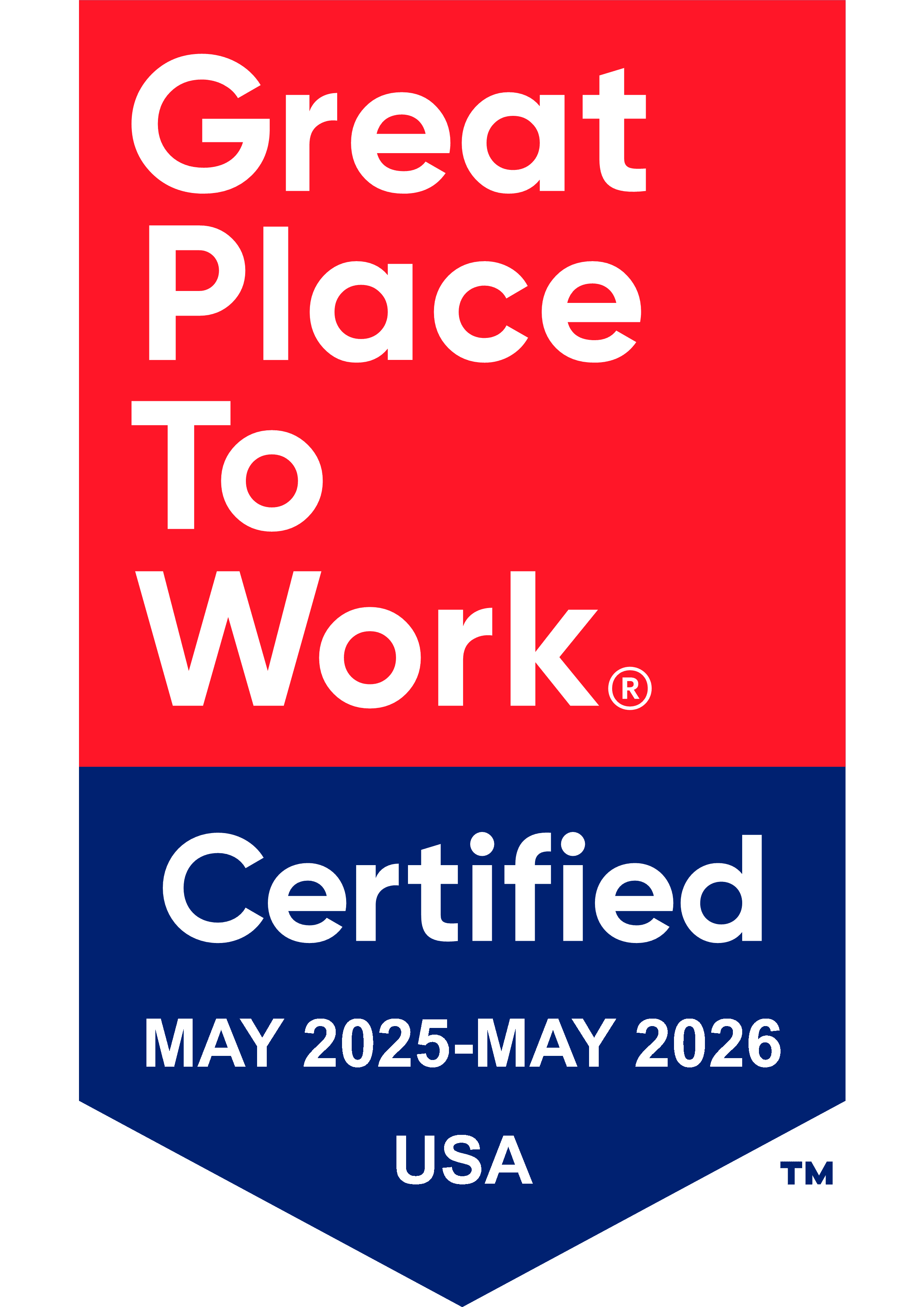Are you interested in learning more about the DEA’s new regulations about prescription drug take back programs? Do you want to find out how some communities have been able to reduce prescription drug abuse by as much as 80 percent? Then, don’t miss CADCA’s 25th Annual National Leadership Forum.
CADCA’s 2015 National Leadership Forum will be held Feb. 2-5, 2015 at the Gaylord National Hotel & Convention Center, just outside of Washington, D.C. The CADCA Forum is the nation’s premier and largest training event for community drug prevention leaders, treatment professionals and researchers.
The weeklong event features more than 80 training sessions, with many focused on how to reduce prescription and over-the-counter medicine abuse. Here are a few highlights:
The New Era of Take Backs
PRESENTERS: Joe Rannazzisi, Drug Enforcement Administration; Melanie Swanson, M.Ed., CTTS, The Council of Southeast Pennsylvania
Coalition leaders and law enforcement were among the first to develop local drug take back programs. The Drug Enforcement Administration (DEA) developed the first National Take Back Day in September of 2010, and since that time, the DEA has collected more than 4.1 million pounds (over 2,100 tons) of prescription drugs throughout all 50 states, the District of Columbia, and several U.S. territories. The DEA issued new regulations to the Secure and Responsible Drug Disposal Act of 2010 by expanding the options available to collect controlled substances from ultimate users for the purpose of disposal, including: Take-back events, mail-back programs, and collection receptacle locations. What do these regulations mean for coalitions and local law enforcement, how can pharmacies play a bigger role? What will the new era of take backs look like? What are the risks and the benefits as we move forward to reduce access and availability by disposing of unneeded medications?
PDMPs Revealed
PRESENTERS: Van Ingram, Kentucky Office of Drug Control; Molly Rutherford, MD, Family
Medicine & Addiction Specialist, Paige Primary Care Center
Ever wonder how Prescription Drug Monitoring Programs (PDMPs) work, exactly? This training session will cover the ins and outs of this life-saving, electronic database that tracks designated data on substances dispensed statewide. This tool prevents the dangerous practice known as “doctor shopping,” and keeps controlled substances out of the wrong hands. So far, 49 states and the District of Columbia have PDMPs. But what states are excelling? Want to find out how your state measures up? Come and listen to this informative session about such a cutting edge tool in prevention.
Innovations in Rx Technology: A Session on Abuse Deterrent Formulations
PRESENTERS: Dr. Douglas Throckmorton, Deputy Center Director for Regulatory Programs, FDA; John Burke, Past President of the National Association of Drug Diversion Investigators; and Rick Dart, MD, Director, Rocky Mountain Poison and Drug Center and Professor University of Colorado
Encouraging the development of opioids containing formulations designed to deter misuse and abuse is a top priority of the U.S. Food and Drug Administration (FDA). While not considered to be the only method to reduce the abuse of prescription opioid medications, these formulations are expected to be part of a comprehensive approach designed to address the serious issue of prescription drug abuse. Participants in this workshop will discuss the current status of abuse deterrent formulations, current real-world impact, how the formulations work, and the different types of technology being employed and developed and how FDA categorizes and describes different labelling claims.
Coalitions Rx Misuse Prevention Best Practices Panel
PRESENTERS: Mary Elizabeth Elliott, CADCA; Shelly L. Steiner, Carter County Drug Free Coalition; Amy Haskins, Jackson County Anti-Drug Coalition and Kathleen Sullivan, The BAY Team
They say it takes a village to raise a child. When it comes to prescription drug abuse, it just may take that village’s coalition. CADCA’s 7 Strategies for Community Change will be applied to tackle OTC and Rx drug abuse throughout the session. Evaluated successes will be highlighted, as well as obstacles and challenges. Join this session to hear about coalition innovations and how to bring them to your state. Learn from coalition leader executives, all grantees of the Federal Drug-Free Communities Support Program. In West Virginia, advocacy for regional incinerators helps to address access and availability issues. In Kentucky, youth are trained to be mentors and peer educators to change norms. In Rhode Island, primary prevention actions like raising awareness among parents is partnered with the promotion of a life-saving intervention like overdose resuscitation. Join a lively dialogue with seasoned coalition leaders tackling policy, systems and environmental change.
The CADCA Forum aims to bring together nearly 3,000 participants representing community anti-drug coalitions from all regions of the country and internationally, government leaders, youth, prevention specialists, addiction treatment professionals, addiction recovery advocates, researchers, educations, law enforcement professionals, and faith-based leaders to create and maintain safe, healthy and drug-free communities globally.
Click here to learn about the many training sessions offered at CADCA’s National Leadership Forum. To register for the CADCA Forum and learn about hotel accommodations, visit the Forum website. Please note that to take advantage of CADCA’s discounted hotel rate at the Gaylord National Hotel, you must book your hotel room by Monday, Jan. 12th.

